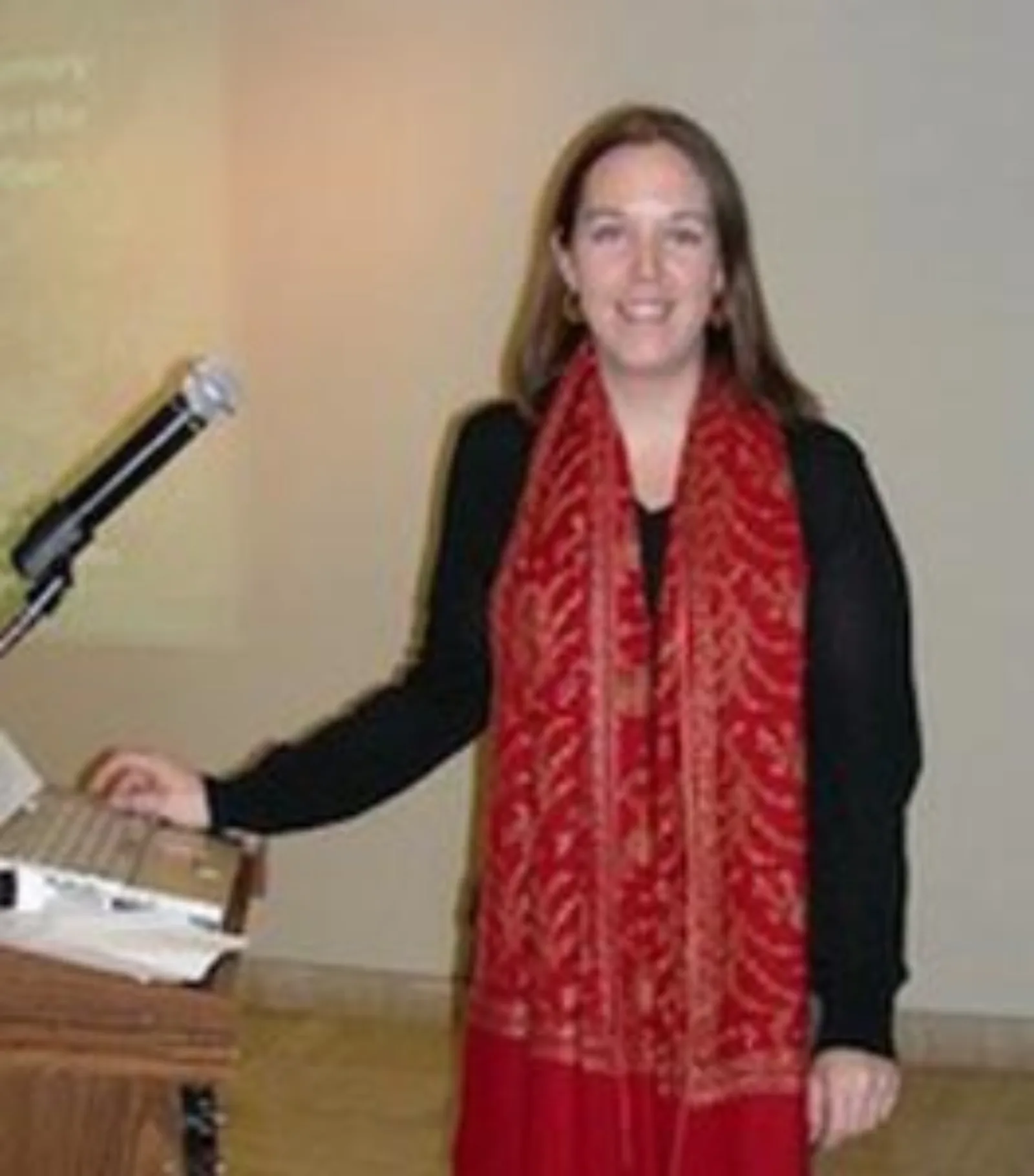“I await the financial recovery of France”: Funding Archaeological Fieldwork in the Age of Enlightenment
Jennifer Westerfeld, University of Louisville
Respondent: Michelle Molina, Northwestern University
The French Jesuit missionary Claude Sicard served as the superior of the Jesuit residence in Cairo from 1712 until his death in 1726. As his missionary work took him from one end of the country to the other, he carried out extensive research into Egypt’s historic geography, producing some of the first scientific maps of Egypt and working to to reconcile classical descriptions of pharaonic Egyptian sites with the ruins still visible on the ground. His impact on later eighteenth- and nineteenth-century Egyptological scholarship was profound—for example, he is consistently cited as an authority in the pages of the Napoleonic Description de l’Egypte—but beyond the edition of his surviving writings produced by Serge Sauneron and Maurice Martin in the early 1980s, he has not received a great deal of attention from modern scholars, particularly in the anglophone world. The paper here proposed represents a chapter of my current research project, an intellectual biography of Sicard that situates him and his scholarship within the contexts of both the Jesuit order’s missionary and intellectual programs and the broader Republic of Letters.
As a Jesuit missionary, Sicard resided in Egypt under the aegis of that religious order, but his archaeological and cartographic research was supported—inadequately, he often complained— through a complex network of patronage that connected him to the merchant communities of his native Marseille, to the upper echelons of the Jesuit hierarchy, and ultimately to the royal court at Versailles. A significant proportion of Sicard’s surviving correspondence concerns his efforts to secure research funding from his various patrons; for this reason, he represents a unique opportunity to examine the economic basis and material conditions of archaeological fieldwork at the very dawn of Egyptology. Whether he was being asked to provide a dog mummy for the amusement of the teenage king of France or being ordered to find employment for the protégé of the French ambassador to Constantinople, the demands of Sicard’s patrons played a fundamental role in shaping his research output. This paper draws on both Sicard’s published correspondence and unpublished records from the National Archives in Paris and the archives of the Chamber of Commerce in Marseille in order to reconstruct a detailed picture of the circumstances under which Egyptological knowledge was produced in the first quarter of the eighteenth century.
